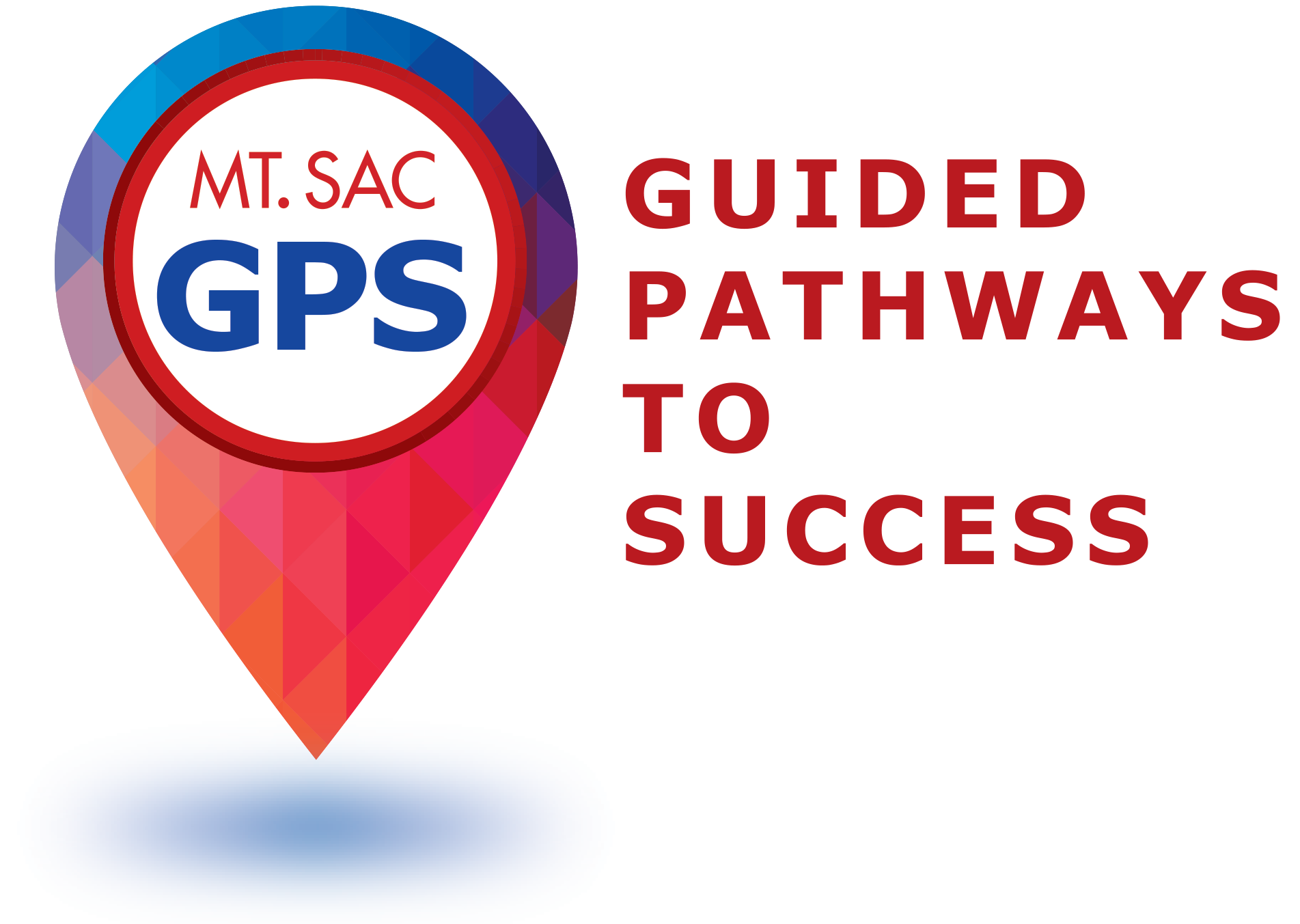Digital Systems Technology (Certificate T0438)
Technology and Health Division
Certificate T0438
In addition to courses in electronics fundamentals, the Digital Systems Technology certificate encompasses advanced coursework in computer and digital systems circuitry, including microcontrollers and microprocessors. This advanced certificate is one of three available for students who do not complete all second-year systems courses at once, or who complete them one at a time. A.S. degree recipients are automatically eligible to receive, without further examination, a 3rd Class Technician License from the National Association of Radio and Telecommunications Engineers (N.A.R.T.E.), while students completing certificate programs are automatically eligible for the N.A.R.T.E. 4th Class Technician License.
Required Courses
| Course Prefix | Course Name | Units |
|---|---|---|
| ELEC 11 | Technical Applications in Microcomputers | 3 |
| ELEC 12 | Computer Simulation and Troubleshooting | 2 |
| ELEC 50A | Electronic Circuits - Direct Current (DC) | 4 |
| ELEC 50B | Electronic Circuits (AC) | 4 |
| ELEC 51 | Semiconductor Devices and Circuits | 4 |
| ELEC 56 | Digital Electronics | 4 |
| ELEC 61 | Electronic Assembly and Fabrication | 3 |
| ELEC 74 | Microcontroller Systems | 4 |
| TECH 60 | Customer Relations for the Technician | 2 |
| Total Units | 30 | |
Program Learning Outcomes
Upon successful completion of this program, a student will:
- be able to employ polar and/or rectangular notation to determine the magnitude and phase shift of an unknown circuit parameter (voltage, current, impedance, and/or power).
- demonstrate proper use of electronic test equipment and associate measurement results with circuit behaviors in the laboratory.
- quantitatively determine unknown electrical parameters from given or measured values and use these results to assess or troubleshoot faults in circuit and system operation.
- communicate, both verbally and in writing, knowledge of electrical concepts and their application to the observed behaviors of circuits and systems.
- in advanced courses, connect concepts learned in introductory courses to more general principles applicable in the employment context.
Review Student Learning Outcomes (SLOs) for this program.
Looking for guidance? A counselor can help. This Guided Pathways for Success (GPS) is a suggested sequence of coursework needed for program completion. It is not an official educational plan. Schedule an appointment with a counselor or advisor as soon as possible to create an individualized Mountie Academic Plan (MAP) specific to your goals and needs.
This Guided Pathways for Success (GPS) is a suggested sequence of coursework needed for program completion. It is not an official educational plan. Schedule an appointment with a counselor or advisor as soon as possible to create an individualized Mountie Academic Plan (MAP) specific to your goals and needs.


